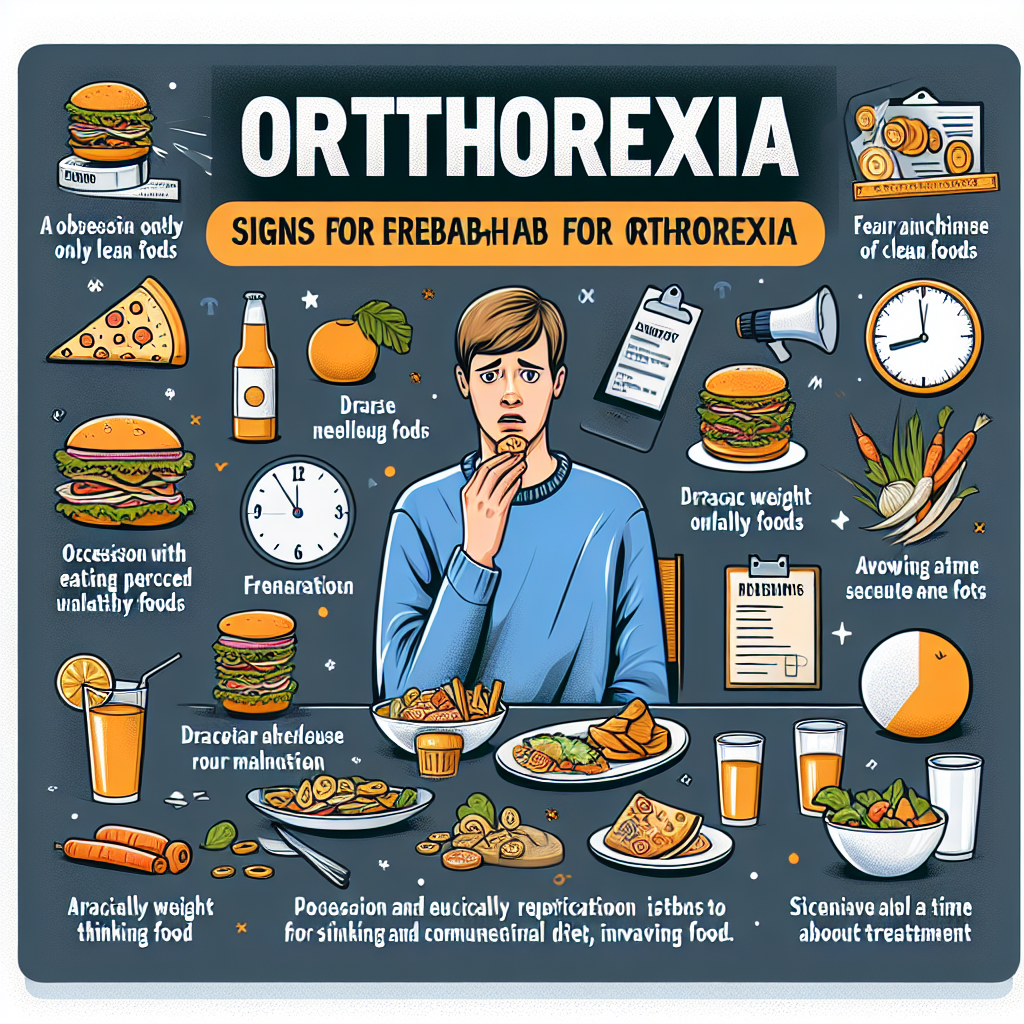-
Table of Contents
“Strength in Unity: Family Support Fuels Recovery from Heroin Addiction.”
Introduction
Family support can play a crucial role in the success of heroin rehabilitation. The journey to recovery is often fraught with physical, emotional, and psychological challenges, and having a strong support system can make a significant difference. Family members can provide emotional encouragement, help maintain accountability, and create a stable and supportive environment that fosters healing. Their involvement can also help in recognizing and addressing underlying issues that may have contributed to substance abuse. Additionally, family support can enhance the effectiveness of treatment programs by ensuring that the individual adheres to their recovery plan and attends necessary therapy sessions. Overall, the presence of a caring and understanding family can be a powerful motivator for someone undergoing heroin rehab, increasing their chances of achieving long-term sobriety.
The Role Of Family In Providing Emotional Support During Heroin Rehab
Family support can be a cornerstone in the journey of overcoming heroin addiction, providing a foundation of emotional stability and encouragement that can significantly enhance the rehabilitation process. When an individual embarks on the challenging path of heroin rehab, the emotional and psychological hurdles can often seem insurmountable. However, the presence of a supportive family can make a profound difference, offering a sense of belonging and understanding that is crucial for recovery.
One of the primary ways family support aids in heroin rehab is through the provision of emotional encouragement. The journey to sobriety is fraught with moments of self-doubt, fear, and anxiety. During these times, the reassuring presence of family members can instill a sense of hope and determination. Knowing that loved ones believe in their ability to overcome addiction can empower individuals to persevere through the toughest phases of rehab. This emotional backing can be the difference between giving up and pushing forward, as it reinforces the belief that recovery is not only possible but also worth the effort.
Moreover, family support can help in creating a stable and nurturing environment, which is essential for effective rehabilitation. A chaotic or stressful home life can be a significant trigger for relapse, whereas a calm and supportive atmosphere can foster healing. Families can contribute by establishing routines, setting healthy boundaries, and encouraging positive behaviors. This structured environment can help individuals in rehab to focus on their recovery without the added burden of external stressors. Additionally, family members can participate in therapy sessions, learning how to communicate effectively and support their loved one’s journey in a constructive manner.
In addition to emotional encouragement and a stable environment, family support can also play a critical role in reducing the stigma associated with heroin addiction. Society often views addiction through a lens of judgment and misunderstanding, which can lead to feelings of shame and isolation for those struggling with substance abuse. When family members openly support their loved one, it sends a powerful message that addiction is a medical condition, not a moral failing. This acceptance can alleviate the burden of stigma, allowing individuals to seek help without fear of judgment. It also fosters a sense of community and belonging, which is vital for long-term recovery.
Furthermore, family involvement in heroin rehab can enhance the effectiveness of treatment programs. Many rehab centers offer family therapy sessions, where relatives can learn about the nature of addiction, its impact on the brain, and strategies for supporting recovery. These sessions can be incredibly enlightening, helping family members to understand the complexities of addiction and how best to assist their loved one. By being actively involved in the treatment process, families can provide informed support that aligns with the therapeutic goals of the rehab program.
In conclusion, the role of family in providing emotional support during heroin rehab cannot be overstated. From offering encouragement and creating a stable environment to reducing stigma and enhancing treatment effectiveness, family support is a multifaceted asset in the recovery journey. It is a testament to the power of love, understanding, and unity in overcoming one of life’s most formidable challenges. As individuals navigate the path to sobriety, the unwavering support of family can be the beacon of hope that guides them towards a healthier, drug-free future.
How Family Involvement Can Enhance The Effectiveness Of Heroin Rehabilitation Programs
Family support can play a pivotal role in enhancing the effectiveness of heroin rehabilitation programs. When a loved one is grappling with heroin addiction, the journey to recovery can be fraught with challenges, both physical and emotional. However, the involvement of family members can provide a crucial layer of support that significantly bolsters the rehabilitation process. This support can manifest in various ways, each contributing to a more holistic and effective recovery experience.
Firstly, emotional support from family members can be a powerful motivator for individuals undergoing heroin rehab. The presence of loved ones who offer encouragement, understanding, and unconditional love can help individuals feel valued and less isolated. This emotional backing can foster a sense of hope and determination, which are essential for overcoming the hurdles of addiction. Moreover, knowing that family members are invested in their recovery can inspire individuals to stay committed to their rehabilitation program, even when faced with setbacks.
In addition to emotional support, practical assistance from family members can also enhance the effectiveness of heroin rehabilitation programs. This can include helping with daily responsibilities, such as managing household chores or providing transportation to and from rehab sessions. By alleviating some of these practical burdens, family members enable individuals to focus more fully on their recovery. Furthermore, family members can assist in creating a stable and supportive home environment, which is crucial for maintaining sobriety post-rehabilitation.
Another significant aspect of family involvement is the role it plays in communication and understanding. Addiction often strains relationships, leading to misunderstandings and conflicts. Through family therapy sessions, which are often a component of comprehensive rehab programs, families can learn to communicate more effectively and rebuild trust. These sessions provide a safe space for family members to express their feelings, address past grievances, and develop healthier ways of interacting. Improved communication within the family unit can lead to a more supportive and harmonious environment, which is conducive to long-term recovery.
Moreover, family members can serve as accountability partners, helping individuals stay on track with their recovery goals. This can involve monitoring progress, encouraging adherence to treatment plans, and being vigilant for signs of relapse. The presence of a supportive family network can act as a safety net, providing individuals with the reassurance that they are not alone in their journey. This sense of accountability can be a powerful deterrent against relapse, as individuals are more likely to stay committed to their recovery when they know their loved ones are counting on them.
Furthermore, family involvement in heroin rehabilitation programs can also lead to personal growth and healing for the family members themselves. Addiction affects not just the individual, but the entire family unit. By participating in the rehabilitation process, family members can gain a deeper understanding of addiction and its impact. This knowledge can foster empathy and compassion, helping to heal the emotional wounds caused by addiction. Additionally, family members can learn coping strategies and self-care techniques, which are essential for maintaining their own well-being while supporting their loved one.
In conclusion, the involvement of family members in heroin rehabilitation programs can significantly enhance the effectiveness of the recovery process. Through emotional support, practical assistance, improved communication, accountability, and personal growth, families can provide a robust support system that empowers individuals to overcome addiction. The journey to recovery is undoubtedly challenging, but with the unwavering support of family, individuals can find the strength and resilience needed to reclaim their lives and build a brighter future.
Q&A
1. **Question:** How can family support improve the chances of successful heroin rehab?
**Answer:** Family support can improve the chances of successful heroin rehab by providing emotional encouragement, helping to create a stable and supportive home environment, and assisting with practical needs such as transportation to treatment sessions.
2. **Question:** In what ways can family members be involved in the heroin rehab process?
**Answer:** Family members can be involved in the heroin rehab process by participating in family therapy sessions, educating themselves about addiction and recovery, and maintaining open and non-judgmental communication with their loved one.
Conclusion
Family support can significantly enhance the effectiveness of heroin rehab by providing emotional stability, fostering a sense of belonging, and encouraging accountability. It helps in creating a supportive environment that can reduce the likelihood of relapse, improve mental health, and facilitate long-term recovery. Family involvement in therapy sessions and educational programs can also increase understanding of addiction, enabling better communication and stronger relationships. Overall, family support is a crucial component in the holistic recovery process, offering both practical assistance and emotional encouragement.



